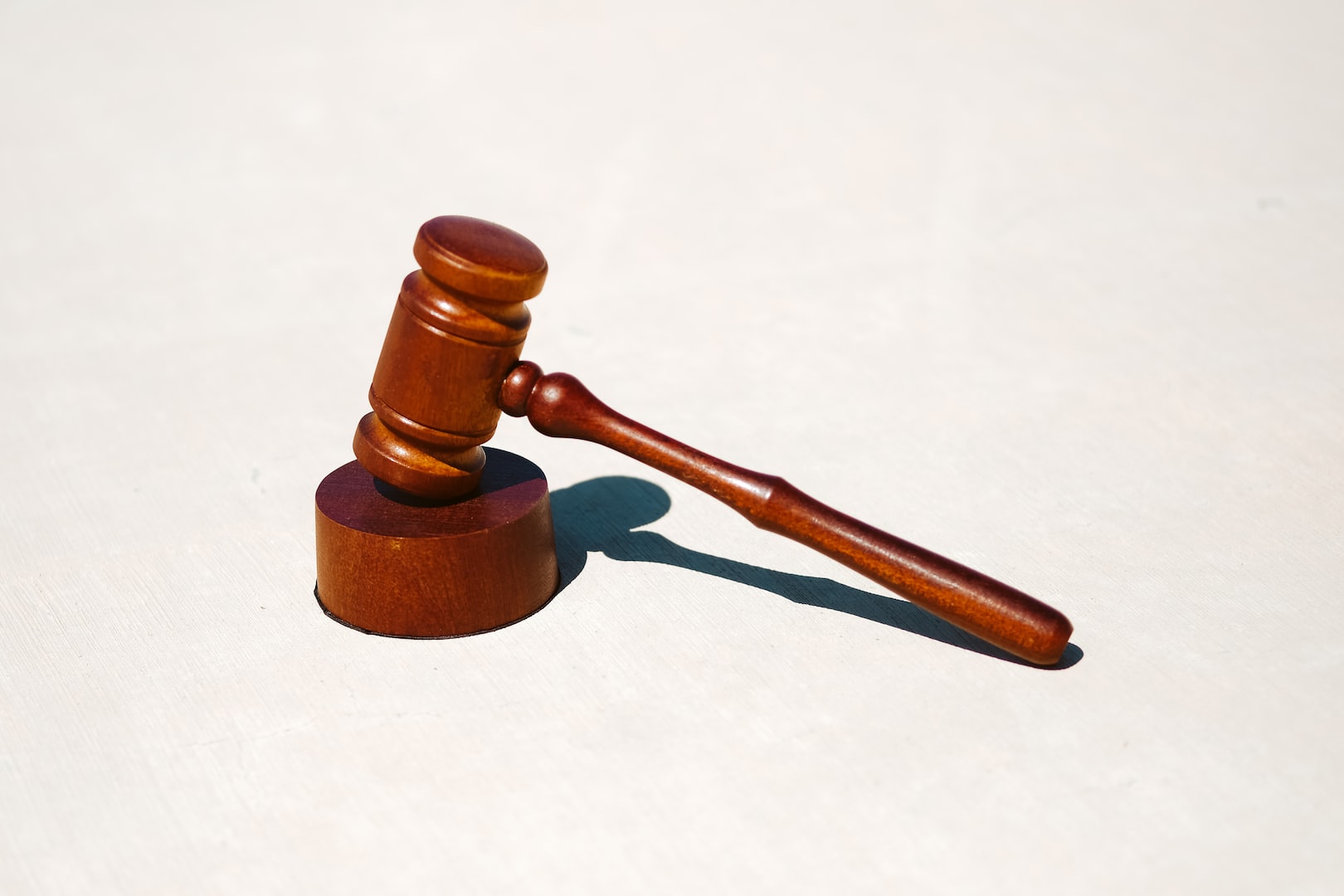A privileged document is privileged all the time, which gives the client more assurance to rely conveniently on the right. However, a client could be affected unfavourably under the protection of legal advice privilege if he waives the privilege under which he is protected by acting intentionally or unintentionally in a way inconsistent with preserving confidentiality,[7]for instance a client may make contradictory statements in court or where the client reveals the confidential matter he had with his legal representative, either in examination in chief or cross-examination.
On the other hand, privilege could also be lost or waived where a barrister inadvertently discloses or use the document in the course of the litigation.[8] However, where inadvertent disclosure occurs, the disclosed document would only be used by the opponent with the court’s permission which limits the way inadvertent disclosure materials could be used. While several practitioners are aware of this rule, the question is whether the rule is adequate. In the case of Belhaj v DPP Divisional court [2018] EWHC 514 (Admin) [2018] 3 WLUK 370, there was disclosure of privileged material, and the defendant wanted to reassert Legal Professional Privilege on grounds of inadvertent. The court applied the applicable principle in Al-Fayed v Commissioner of Police of the Metropolis [2000] EWCA Civ 780, Times, June 17, 2002 [2002] 5 WLUK 848. The case law was not entirely reflective of the terms of CPR 31.20.[9] A procedure toward a party who has inadvertently given privilege material was adopted. The court had to consider whether a mistake in disclosure would have been obvious to the receiving lawyer. The opponent denied that the disclosure was an obvious mistake. However, it was inferred that a reasonable lawyer receiving the material under legal professional privilege protection would appreciate its highly specialised sensitive nature in a closed process. And a reasonable advocate who had received the information in the way in which the information was sent would appreciate that the material protected by legal professional privilege had been inadvertently provided. The defendant was entitled to reassert Legal Professional Privilege.
In contrast, in the case of Al Fayed on appeal, the defendant was not entitled to reassert Legal Professional Privilege. The applicable principle was developed effectively, taking into consideration the law of inadvertent disclosure and the inferences followed on case-by-case basis. Thus, even though a client is protected by legal advice privilege sometimes, it could be problematic in the face of the client when they are issues of inadvertent disclosure.
Furthermore, in considering the effect of reasserting privilege with the course of justice, it is not enough to say justice is seen to be done.[10] In the case of Belhaj v DPP mentioned above, it followed that the defendant was entitled to reassert privilege which the court allowed through established principle. The disclosing party is likely to be entitled to reassert privilege only where the mistake in disclosure is obvious to the receiving lawyer, and, objectively to a reasonable lawyer.
Whilst the principle of inadvertent disclosure and reasserting privilege have been followed effectively, the issue is whether reasserting privilege for a defendant in a sensitive case such as homicide in which the defendant has admitted in confidence would be justified by the principle followed in Al Fayed. Considering the words of Lord Hewart in criminal justice, he held that “Nothing is to be done which creates even a suspicion that there has been an improper interference with the course of justice.” [11] For such case that attract mandatory sentence, arguably, the opponent has seen part or whole of the documents. Even if he is not permitted by the court to use the information for the sake of reasserting privilege, there would be the benefit of the doubt, not the “beyond reasonable doubt” of the prosecution but doubt of a proper interference with the course of justice.[12]
In R v Sussex Justices, ex parte McCarthy, though the case is a different case, it concerns a criminal proceeding where the justices retired to their chamber when the hearing had ended to consider their decision and the deputy clerk who was a partner of the law firm that was engaged to sue McCarthy for damages also retired with them. After some time, the justices returned to court and declared McCarthy guilty, convicted him and imposed a fine of just 10 GBP with costs. McCarthy appealed against this decision and one of the grounds was that it was improper for the deputy clerk to have retired with the justices before they delivered their verdict. Lord Hewart went on to observe that what was important was “not what was actually done, but what might appear to have been done.”[13]
[7]Archbold criminal pleading evidence and Practice 2023 Ed Chapter 12 -Part 1 Privilege Section C. Legal Professional Privilege (3) Duration and waiver of Privilege/Waiver 12-14/12-15
[8]Al-Fayed v Commissioner of Police of the Metropolis [2000] EWCA Civ 780, Times, June 17, 2002 [2002] 5 WLUK 848
[9]Archbold Criminal Pleading Evidence and Practice 2023 Ed Chapter 12. Part 1 Privilege- Section C. Legal Professional Privilege (1) The nature of legal professional privilege- 12.1 Calcraft v Guest- Practical law reference- privilege - FAQ
[10]Lord Hewart in R v Sussex Justice, ex parte McCarty [1924] 1 KB 256, [1923] All ER Rep 233).
[11] ibid
[12]ibid
[13]Bar and Bench the origins of “Justice must be seen to be done” Anvind Datar 18 April 2020
This is not for educational purposes
